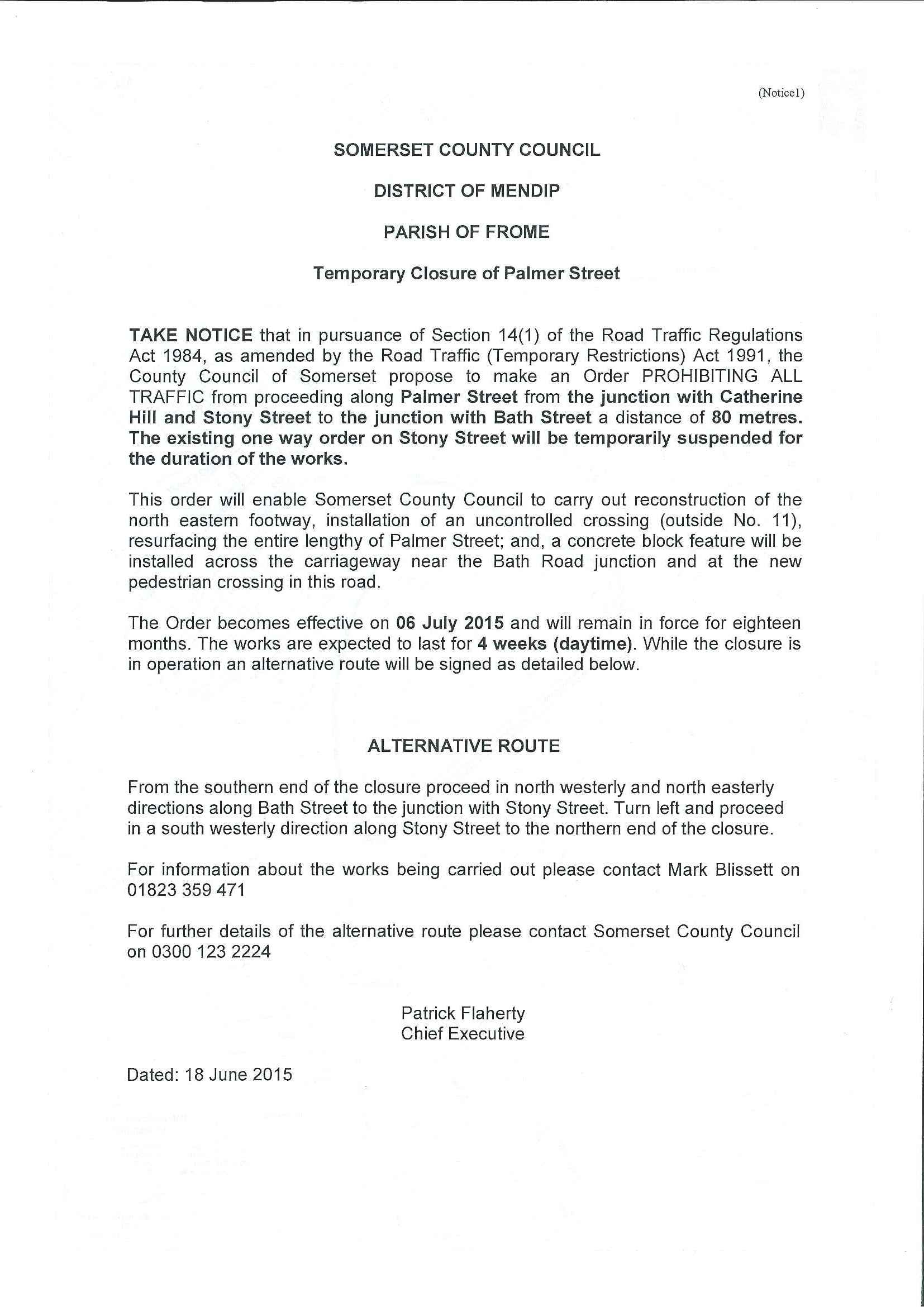The Struggle For Data Control: Indigenous Scientists And Cultural Preservation

Table of Contents
The Threat of Digital Colonialism and Data Exploitation
The pursuit of Indigenous data sovereignty is a direct response to a long history of data misappropriation and exploitation. Understanding this history is crucial to grasping the urgency of the current struggle.
Historical Context of Data Misappropriation
For centuries, Indigenous knowledge has been systematically extracted and exploited without consent or benefit to the originating communities. This historical context underpins the modern struggle for data control.
- Examples of historical injustices: The forced assimilation of Indigenous children, resulting in the loss of language and cultural knowledge; the appropriation of traditional medicines and plant knowledge for commercial gain without acknowledgment or compensation; the unethical collection of biological samples for research without informed consent.
- The commodification of Indigenous knowledge: Traditional ecological knowledge (TEK), for instance, has been used by corporations for profit without proper recognition or benefit-sharing agreements with Indigenous communities.
- Lack of consent in past research projects: Numerous research projects have been conducted on Indigenous communities without their free, prior, and informed consent, leading to the misuse and misrepresentation of their data.
Modern Manifestations of Data Exploitation
Even today, contemporary data collection methods can perpetuate colonial power dynamics. The digital age presents new avenues for data exploitation, requiring innovative solutions to ensure Indigenous data sovereignty.
- Concerns about data ownership: Who owns the data generated from Indigenous communities? Often, the data remains in the hands of external researchers or institutions, limiting Indigenous control and access.
- Potential for misrepresentation of data: Data collected without proper context or understanding of Indigenous knowledge systems can be misinterpreted, leading to inaccurate and harmful representations of Indigenous cultures and traditions.
- Lack of Indigenous control over data usage and interpretation: Indigenous communities often lack control over how their data is used and interpreted, undermining their ability to shape narratives about their own identities and experiences.
The Loss of Traditional Knowledge
Losing control of Indigenous data has profound consequences, threatening the very fabric of Indigenous cultures and ways of life.
- Erosion of traditional practices: Without access to and control over their own data, Indigenous communities risk losing the knowledge needed to sustain traditional practices, from agriculture and medicine to storytelling and ceremonies.
- Loss of linguistic diversity: The digitization of languages without Indigenous control can lead to the loss of linguistic diversity, further endangering cultural transmission.
- Impacts on spiritual and cultural beliefs: Indigenous knowledge is often deeply intertwined with spiritual and cultural beliefs. Data exploitation can disrupt these connections and threaten the integrity of Indigenous worldviews.
Indigenous-led Research and Data Sovereignty
The path towards Indigenous data sovereignty lies in prioritizing Indigenous-led research and empowering communities to control their own data.
Community-Based Participatory Research (CBPR)
Community-Based Participatory Research (CBPR) offers a powerful model for ethical and empowering research that prioritizes Indigenous self-determination.
- Key principles of CBPR: Partnership and collaboration, equitable sharing of power and responsibility, community ownership and control, mutual respect and trust, capacity building, and community benefit-sharing.
- Indigenous leadership and control: CBPR places Indigenous communities at the center of the research process, ensuring that their voices and perspectives are prioritized.
- Reciprocal relationships: CBPR emphasizes the development of reciprocal relationships between researchers and communities, fostering mutual respect and benefit.
The Role of Indigenous Scientists
Indigenous scientists play a vital role in shaping research agendas, methodologies, and data governance frameworks. Their expertise is essential to ensuring that research is conducted ethically and responsively.
- Examples of Indigenous-led research projects: Projects focusing on environmental monitoring, traditional medicine, language revitalization, and cultural heritage preservation.
- The importance of Indigenous knowledge systems: Indigenous knowledge systems offer valuable insights and perspectives that can enrich research and contribute to a more holistic understanding of the world.
- The development of culturally appropriate data management practices: Indigenous scientists are instrumental in developing data management practices that respect Indigenous cultural protocols and values.
Developing Indigenous Data Governance Frameworks
Creating robust data governance frameworks is crucial for ensuring Indigenous control over data collection, storage, and use.
- Examples of successful governance models: Models that emphasize community ownership, consent protocols, data security, and benefit-sharing.
- The establishment of Indigenous data repositories: Creating secure and accessible repositories for Indigenous data ensures its long-term preservation and protection.
- Data security and privacy considerations: Indigenous data governance frameworks must prioritize data security and privacy, protecting sensitive information from unauthorized access or misuse.
Strategies for Protecting Indigenous Data and Cultural Heritage
Protecting Indigenous data requires a multi-pronged approach that encompasses legal frameworks, capacity building, and international collaboration.
Strengthening Legal Frameworks
Robust legal frameworks are essential for protecting Indigenous data rights and preventing future exploitation.
- Legislation addressing data ownership: Legislation should clearly define Indigenous data ownership and control, ensuring that communities have the legal authority to manage their own data.
- Consent protocols: Clear and culturally appropriate consent protocols are crucial for ensuring that data collection is ethical and respectful.
- Intellectual property rights: Protecting Indigenous intellectual property rights is crucial for preventing the unauthorized use and commercialization of Indigenous knowledge.
Capacity Building and Training
Providing Indigenous communities with the skills and resources to manage their own data is paramount.
- Training in data management: Training programs should equip Indigenous communities with the skills to collect, manage, analyze, and archive their data effectively.
- Digital literacy: Improving digital literacy skills will empower Indigenous communities to participate fully in the digital age and protect their data.
- Research methods: Training in research methods will enable Indigenous communities to conduct their own research and control the narrative around their own data.
International Collaboration and Advocacy
International collaboration and advocacy play a critical role in supporting Indigenous data sovereignty efforts.
- The importance of global partnerships: Sharing best practices, resources, and expertise among Indigenous communities and supporting organizations is crucial for collective action.
- Advocacy for policy changes: Advocating for policy changes that recognize Indigenous data rights and promote ethical data practices is vital for creating a more equitable digital world.
- Sharing best practices: Sharing successful models of Indigenous data governance can inspire and support other communities in their own efforts to protect their data and cultural heritage.
Conclusion
The struggle for Indigenous data control is inextricably linked to Indigenous self-determination and cultural preservation. Indigenous scientists are leading the charge, working tirelessly to protect their communities' invaluable knowledge and traditions from exploitation. By embracing ethical data practices, supporting community-based participatory research (CBPR), and developing robust data governance frameworks, we can empower Indigenous communities and ensure the long-term safeguarding of their cultural heritage. Further investment in Indigenous-led initiatives focused on Indigenous data sovereignty is not just vital, it’s a moral imperative to prevent further digital colonialism and ensure that Indigenous knowledge benefits Indigenous communities first and foremost. Let's work together to promote ethical and responsible practices around Indigenous data and knowledge, recognizing the critical importance of Indigenous data sovereignty for the future of Indigenous peoples and their cultures.

Featured Posts
-
 Decoding The Nba Draft Lottery Rules And Procedures
May 13, 2025
Decoding The Nba Draft Lottery Rules And Procedures
May 13, 2025 -
 Tasman Council Road Closure A Truckies Realistic Perspective
May 13, 2025
Tasman Council Road Closure A Truckies Realistic Perspective
May 13, 2025 -
 Elsbeth Season 2 A Look At The Unresolved Judge Crawford Plotline
May 13, 2025
Elsbeth Season 2 A Look At The Unresolved Judge Crawford Plotline
May 13, 2025 -
 Aws
May 13, 2025
Aws
May 13, 2025 -
 Di Caprio Gazsija Tulsagosan Draga A Hollywoodi Produkcioknak
May 13, 2025
Di Caprio Gazsija Tulsagosan Draga A Hollywoodi Produkcioknak
May 13, 2025
Latest Posts
-
 14 11 Thriller Ohtanis Late Homer Secures Dodgers Victory Over Diamondbacks
May 14, 2025
14 11 Thriller Ohtanis Late Homer Secures Dodgers Victory Over Diamondbacks
May 14, 2025 -
 Late Game Heroics Ohtanis 6 Run 9th Secures Dodgers Comeback
May 14, 2025
Late Game Heroics Ohtanis 6 Run 9th Secures Dodgers Comeback
May 14, 2025 -
 Oh Ohtani Dodgers Late Rally 3 Run Homer Power 14 11 Win Over Diamondbacks
May 14, 2025
Oh Ohtani Dodgers Late Rally 3 Run Homer Power 14 11 Win Over Diamondbacks
May 14, 2025 -
 Dodgers Rally Ohtanis 6 Run 9th Inning Leads To Win
May 14, 2025
Dodgers Rally Ohtanis 6 Run 9th Inning Leads To Win
May 14, 2025 -
 Shohei Ohtanis Historic 6 Run 9th Fuels Dodgers Victory
May 14, 2025
Shohei Ohtanis Historic 6 Run 9th Fuels Dodgers Victory
May 14, 2025
